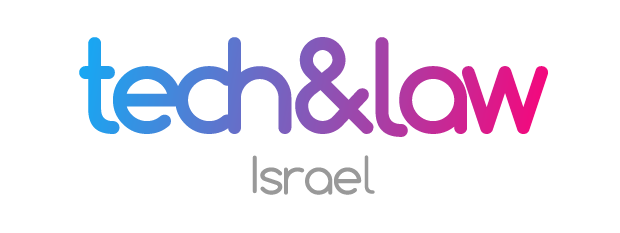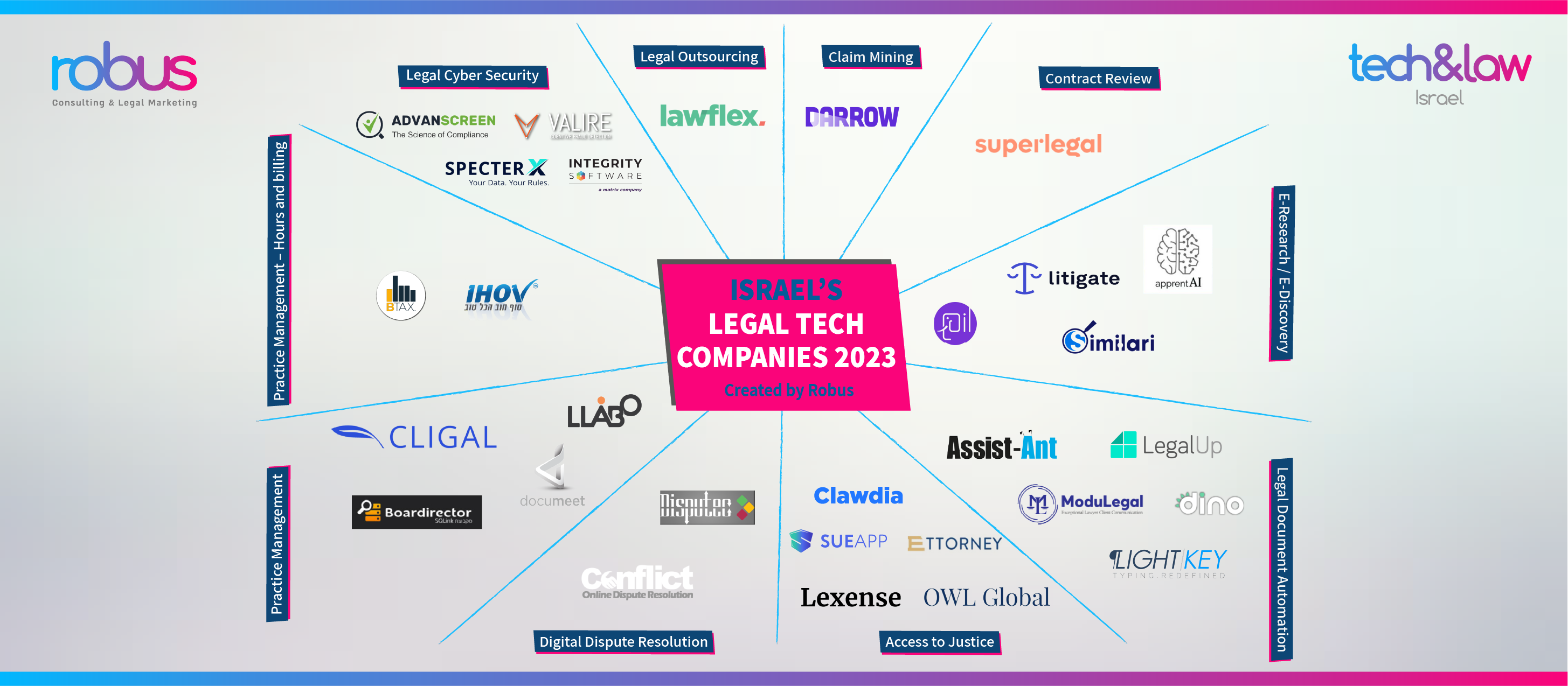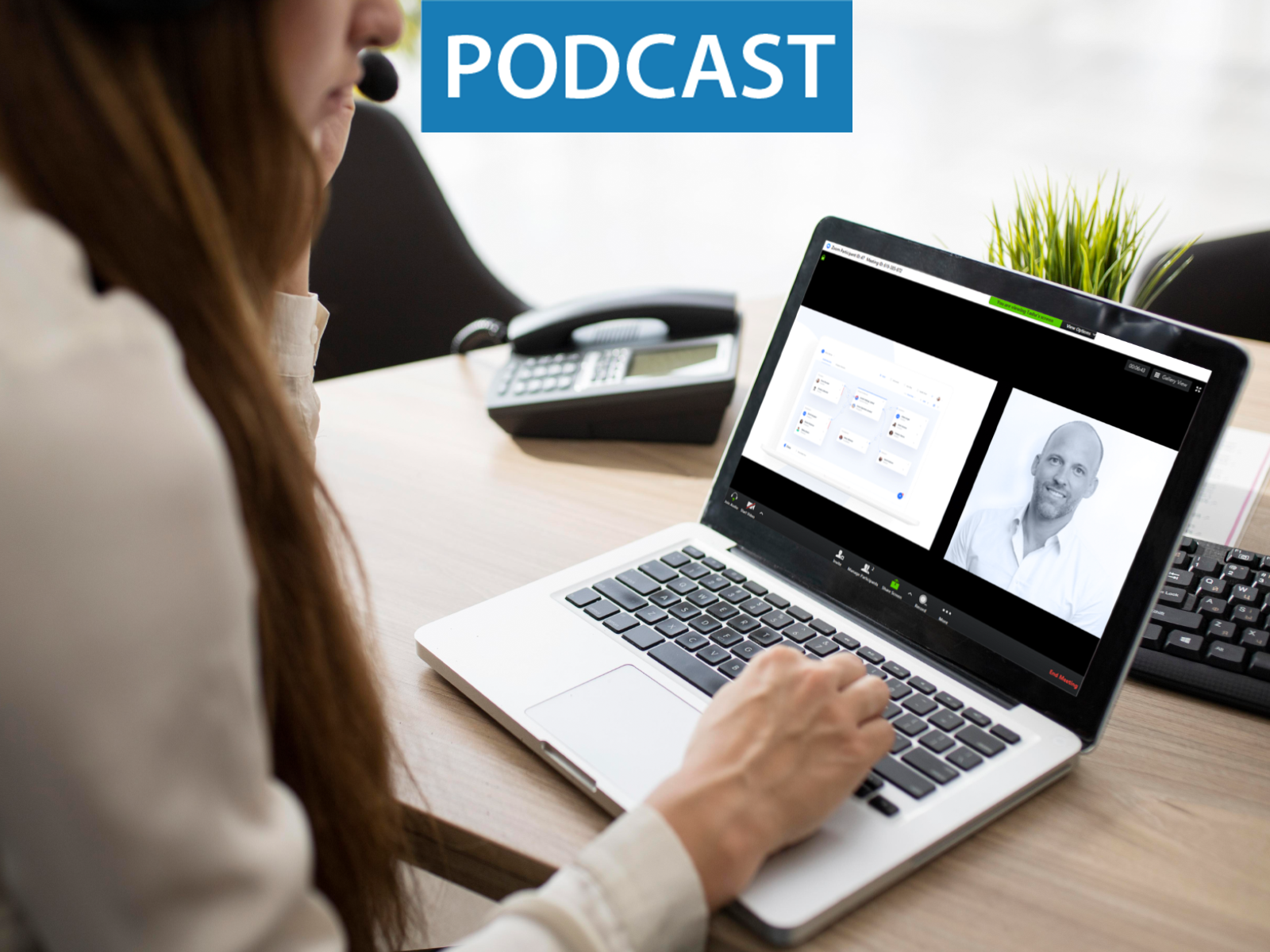
Noa Siskind
In 2021, most industries are being simplified with technology, and many startups have shown that anything you can do – they can do better. In the field of law, legal technology firms have taken the industry by storm.
Many of us hear the term Legal Tech being thrown around, but do we know what it means? Legal Tech is an industry that uses technology and software to provide legal services. Legal Tech companies are generally startups founded to disrupt the traditional legal market.
And now to the point – Legal Tech companies usually have flashy websites that make it look like they are leading the industry with new and innovative technology, but most of the time… these websites all look and feel the same.
It is rare to find what makes one unique from another. This industry is, in fact, new and innovative, and these startups should market that on their websites. However, a significant flaw within the marketing of legal tech firms is that all of the websites have a hard time genuinely explaining what the company is doing. There is more flash to the website than facts, and it can be hard to decipher what these startups are doing.
To walk through the typical legal tech website, it usually begins with a homepage walking you through the highlights for the software, a few blogs about the industry, and usually a contact form as well as reviews from previous customers. They are all almost the same, just with different images. The issue is on these homepages is that all companies promise to – ‘boost a law firm’s productivity or make it easier to collaborate with others or engage with clients’.
However, none of the websites explain how their software does that… There are various products and solutions that these companies offer, but it is hard to navigate which one is correct for a law firm, and the homepage should be a place that starts to point the customer in the right direction.
On most websites, the menu bar gives you options for learning more about the company. Usually, you can see solutions, prices, partners, resources, information about the company, and contact information. On these pages, there is tons of information available for customers, which is problematic. It makes things more complicated for the customer to find what they are looking for with all of the content. A lot of the content on these websites distracts from the actual information that customers are looking for.
The best way to find information quickly is to find the solutions for your specific organization. Usually, the websites categorize their customers into different industries such as corporations, law firms, government agencies, etc. Once a customer finds the category that fits their business description, things are much easier to find.
The best way to learn about the product and if it will be helpful is to find a product tour on the website. Seeing the products and solutions being put to use in a real-world situation is the best way to understand what these companies do. Sometimes, these videos are on the home page, and sometimes you have to search for them around the website. Sometimes it can be a treasure hunt to find these videos; however, they are the best source of information on these websites.
It is no question that soon enough, most law firms and businesses will be utilizing Legal Tech. With this new industry comes a few challenges with choosing the right company to fit every business’s needs. That is why it is essential to make sure every customer can effectively navigate a Legal Tech website since they are all so similar.
And we’ll end this post with the 10 Commandments for the Perfect Legal Tech Website:
- Cut the Clutter
- Guide Your User with Visual Hierarchy
- Easy Navigation
- Apply SEO Best Practices
- Stick with your Brand
- Emphasize Most Important Information
- Design with Customer in Mind
- Add Personality
- Make Things Clear
- Stand Out!
Noa Siskind is an incoming fourth-year undergraduate student at the University of Tennessee. She is interning with Robus through a two-month intensive Masa abroad program. She is studying public relations with a minor in business administration and plans to attend law school in the near future. Noa has spent her time at Robus learning about the legal tech industry and hopes to apply this knowledge to a future law career in the US.







